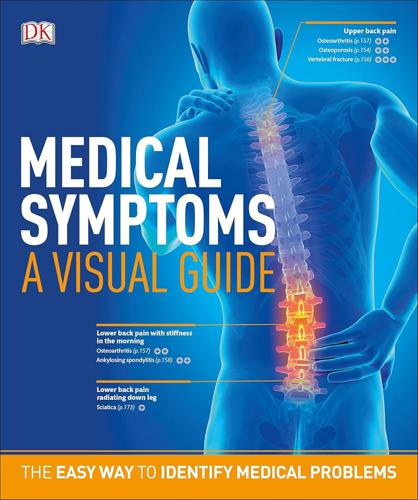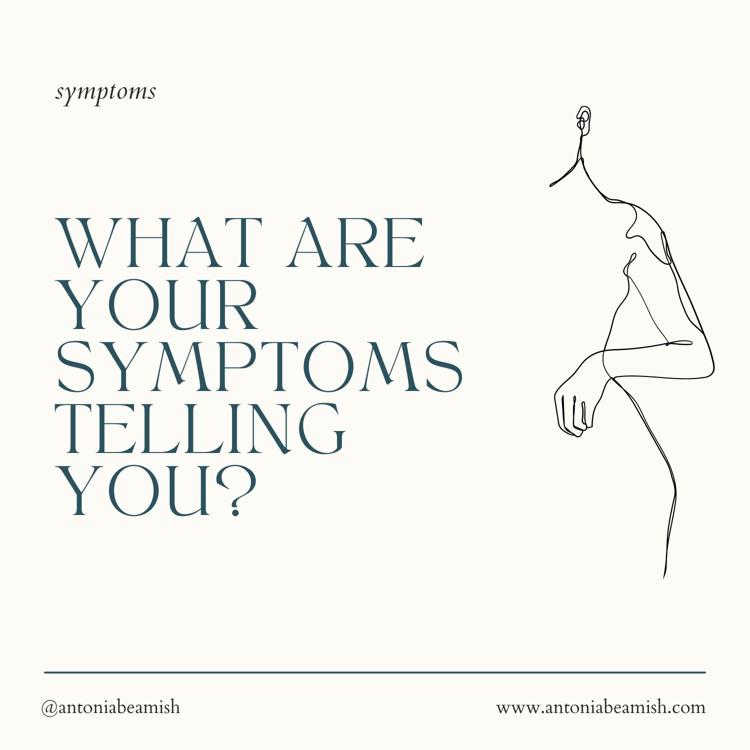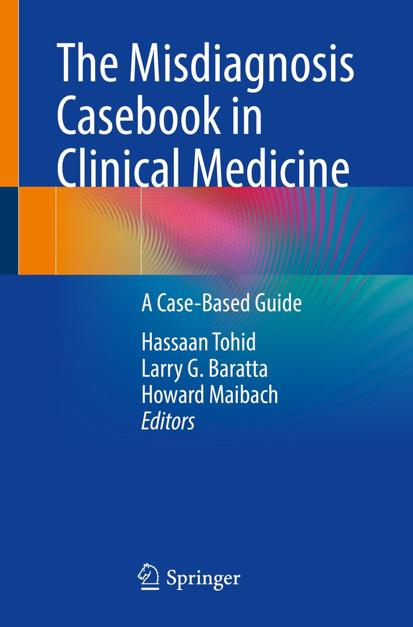Mystery Ailments: When to Seek Medical Answers
Understanding Mystery Ailments: Recognizing When to Seek Medical Help

Frequently Asked Questions
If your symptoms persist for more than three weeks, worsen, or significantly interfere with your daily life, you should seek medical help.
Keep a detailed symptom diary, noting the duration, severity, and any triggers of your symptoms. This information will help your doctor assess your condition more accurately.
Step by Step Guide
1
Recognizing Symptoms
Start by noting any unusual symptoms you experience. This can include persistent fatigue, unusual pains, digestive problems, or skin changes. Keeping a diary of symptoms can help you identify patterns or triggers.
2
Researching Common Conditions
Educate yourself on common ailments that match your symptoms. While online research should not replace medical advice, understanding potential issues can help you articulate your concerns better during a doctor's visit.
3
Evaluating Duration and Severity
Assess how long you've been experiencing these symptoms and their severity. If symptoms persist for more than a few weeks or are increasingly severe, it’s a clear sign to seek medical assistance.
4
Identifying Impact on Daily Life
Consider how your symptoms are affecting your daily life. If they interfere with your ability to work, socialize, or carry out everyday activities, it’s crucial to consult a healthcare professional.
5
Consulting a Healthcare Professional
Make an appointment with a healthcare provider. Be honest and thorough about your symptoms, their duration, and their impact on your life. This will help your doctor take the appropriate steps in diagnosis.
6
Understanding Possible Tests
Discuss possible diagnostic tests with your doctor. These can range from blood tests to imaging studies, which can help determine the cause of your ailments.
7
Seeking a Second Opinion if Necessary
If you feel unsatisfied with your initial diagnosis or treatment plan, don’t hesitate to seek a second opinion. Different doctors may have different approaches that can lead to a clearer diagnosis.
8
Managing Anxiety and Seeking Support
Living with mystery ailments can be stressful. Manage your anxiety by talking to friends or family about your concerns. Additionally, consider joining support groups online or in person where you can share experiences.
9
Staying Informed and Engaged
Once a diagnosis is made, stay engaged in your treatment process. Research your condition, follow your treatment plan, and communicate regularly with your healthcare team to manage your health effectively.
10
Reflecting on Your Health Journey
After receiving a diagnosis and undergoing treatment, take some time to reflect on your health journey. What have you learned? How has it changed your perspective on healthcare and seeking help?








